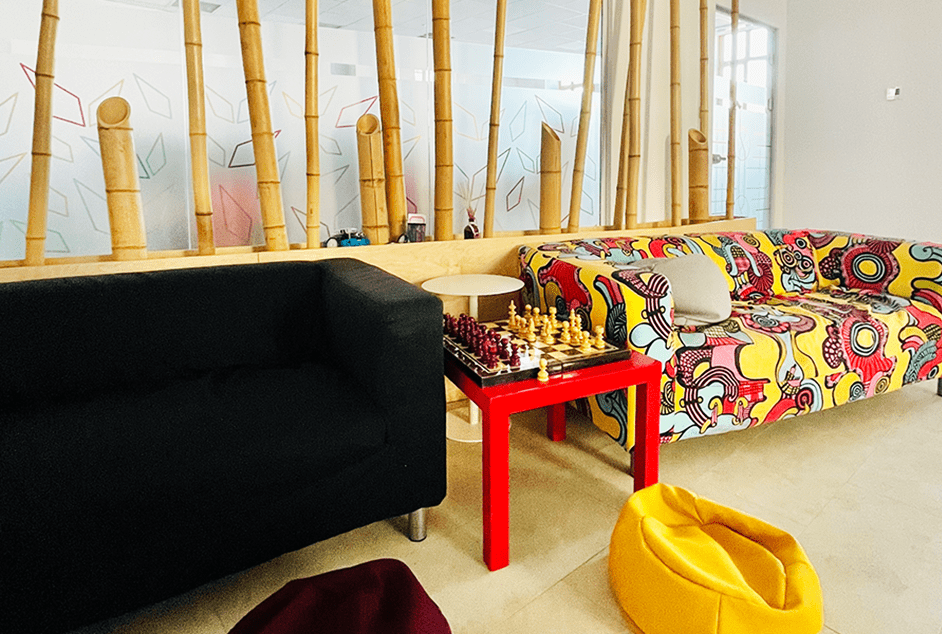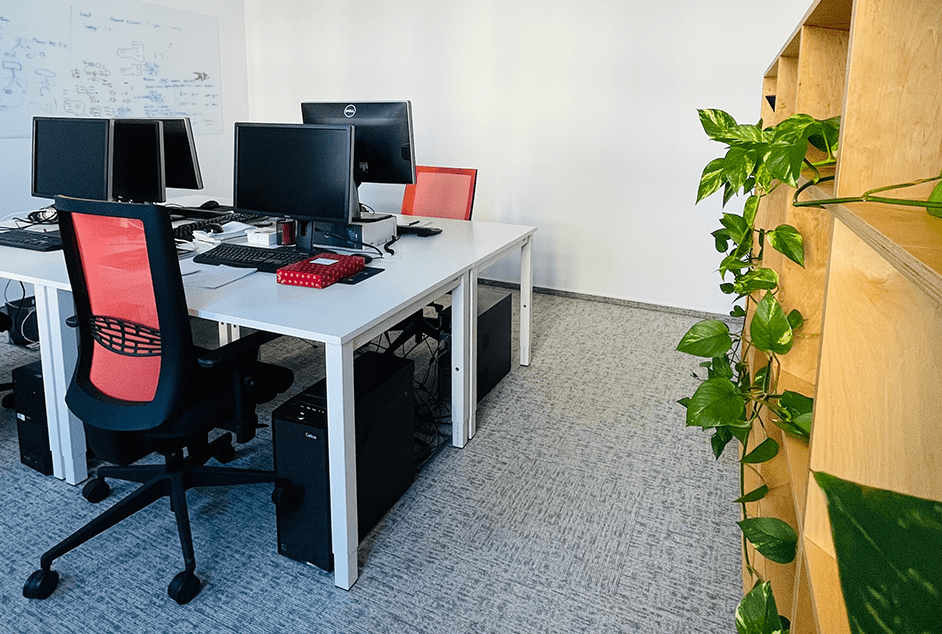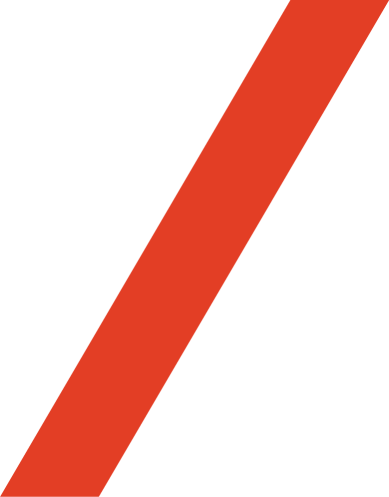We are looking for a Jr. Verification Engineer with good electronics background and practical object-oriented software knowledge to be trained for the functional hardware verification domain.
As a new team member, you will go through an in-depth training process that mimics real-life projects and will be mentored by a senior consultant. Passion, initiative, and autonomy are highly appreciated.
Job Description
We are looking for a Jr. Verification Engineer with good electronics background and practical object-oriented software knowledge to be trained for the functional hardware verification domain.
As a new team member, you will go through an in-depth training process that mimics real-life projects and will be mentored by a senior consultant. Passion, initiative, and autonomy are highly appreciated.






Responsibilities
- Learn about the functional verification domain
- Find and implement solutions for exercises
- Run simulations and debug issues
- Contribute to project's infrastructure (scripts, make-files, etc.)
- Comment the source code and write documentation according to trainer's requirements
- Collaborate with team members and trainers on planning, development, and issue handling
- Participate in reviews and actively contribute to the training effort
- Track and report activity progress to your trainer or team leader
Required Skills and Qualifications
- Good background in digital circuits or hardware design
- Practical experience (6+ months) with object-oriented software, for example, Java or C++
- Familiar with a digital circuit simulator
- Familiar with Linux and shell scripting
- Proactive and good problem solver
- Fast learner with the ability to quickly come up to speed on new technology concepts
- Good English communication skills, both written and verbal
- Availability to work abroad for various periods of time
- Bachelor degree in Electronics / Telecommunications, Computer Science or Mathematics
Nice to Have
- Experience with Verilog or VHDL
- Personal software/hardware projects
What’s in it for you
A GREAT
CAREER START
learning opportunities
academic support
work with
big clients
world changing projects
merit recognition
work
from home
equality of treatment
no drama environment
business
trvel
What’s in it for you
A GREAT
CAREER START
learning opportunities
academic support
work with
big clients
world changing projects
merit recognition
work
from home
equality of treatment
no drama environment
business
trvel
Functional Verification FAQ
what you need to know before applying
“Functional Verification Engineer” is also referred to as: ASIC/FPGA Verification Engineer, Hardware Verification Engineer, Pre-silicon Verification Engineer, Digital/Analog/Mixed-signal Verification Engineer, or RTL Verification Engineer. So you get to pick whatever title sounds the coolest!
FVEs are essential in the chip-making process because they find functional bugs before IC production. Hardware bugs are as easy to fix as software bugs in the pre-silicon stage, but we have to be extra careful so that bugs don’t make it into the production phase because then there’s no undo. This is especially true if the chips are going to be used in the medical field, or in the automotive industry, where safety is crucial.
FVEs are needed by ASIC producers (Intel, Apple, Infineon), FPGA producers (Xilinx), Semiconductor factories (Samsung, Intel), Electronics industry companies (Sony, Nvidia, Samsung), Telecommunications (Ericsson, Nokia), IP producers, Electronic Design Automation Companies (Cadence, Synopsys, AMIQ EDA), Training services companies and Consulting companies that provide verification services (AMIQ Consulting)
As far as theoretical knowledge goes, you should know about Algorithms and Data Structures, and Digital Circuit Design. Before you start your FVE career you would need to practice your generic programming skills and OOP, Software Debugging, Verilog/VHDL (you can try Asic World and EDA Playground to learn) and know your way around the Linux environment, as it is used in the semiconductor industry.
Mostly software, digital design and verification planning. Tasks for a FVE include: studying the specification of the verified module, writing a verification plan document, implementing the Verification Environment, simulating the design, reporting bugs, and debugging. As you are working with a team, collaboration skills are helpful.
Digital functional verification is a niche area within the field of hardware development. Being a small niche, it is not easy to find skilled FVEs, so there is a high demand for specialists. Functional verification also has high wages to offer, especially for experts.
Apply now
Just upload your resume in the form below and leave a valid e-mail address or submit your
resume directly to consulting.career@amiq.com and write Jr. Verification Engineer in the “Subject” line.
Your time is valuable, expect to hear from us in the next 10 business days.


